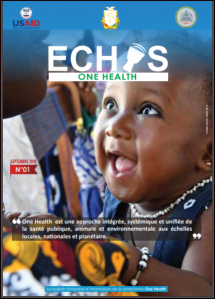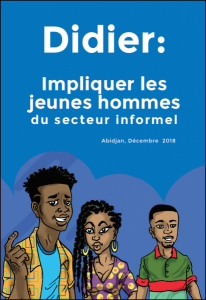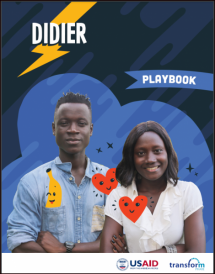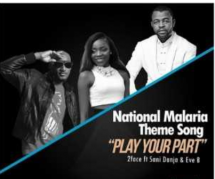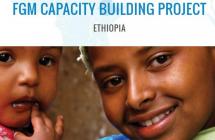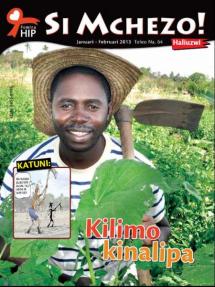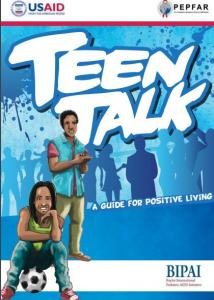Bulletin Echo One Health
The “ECHO One Health” is an informative and visual newsletter that compiles critical achievements across the One Health Platform highlighting risk communication and community engagement (CREC) activities. The newsletter enhances partner coordination, supports knowledge management and capacity strengthening, and raises the profile of GHSA contributions to PZD preparedness and response to outbreaks, including the ongoing COVID-19 Epidemic. The newsletter is only available in French.
Le “ECHO One Health” est un bulletin d’information visuel qui compile les réalisations essentielles de la plateforme One Health en mettant en évidence les activités de communication sur les risques et d’engagement communautaire (CREC). Le bulletin améliore la coordination entre les partenaires, soutient la gestion des connaissances et le renforcement des capacités, et fait mieux connaître les contributions de la GHSA à la préparation et à la réponse aux épidémies de PZD, y compris l’épidémie actuelle de COVID-19.
- Issue #1 – Sept 2019
- Issue #2 – Dec 2019
- Issue #3 – Avril 2020
- Issue #4 – Sept 2020
- Issue #5 – Dec 2020
- Issue #6 – Avril 2021
- Issue #7 – Aout 2021
- Issue #8 – Dec 2021
- Issue #9 – Mars 2022
- Issue #10 – Aout 2022
- Issue #11 – Mars 2023
- Issue #12 – Juin 2023
- Issue #13 – Septembre 2023
- Issue #14 – Decembre 2023
- Issue #15 – Mars 2024
- Issue #16 – Juin 2024
- Issue #17 – Septembre 2024
Source: Johns Hopkins Center for Communication Programs
Date of Publication: June 1, 2021
SIMILIAR RESOURCES
Tools
Examples
- Renforcement des capacités de communication en période de crise pour améliorer la sécurité sanitaire mondiale
- Communication des Risques - Public, Message et Canal
- Introduction a la Communication de Risque en cas d'Urgence de Sante Publique
- Boîte à d'outils pour la prise de décision
- Communication sur le COVID-19
- Creating Mobile Health Solutions for Behaviour Change: A Study of Eight Services in the mNutrition Initiative Portfolio
- Technical Brief: Handwashing with Soap: A Key Part of the COVID-19 Response
- Advocating for Social and Behavior Change in Family Planning Programs: A Message Framework
- Coronavirus — COVID-19 Factsheet
- Community Communication MNCH e-Manual: Participatory Health Promotion Sessions

